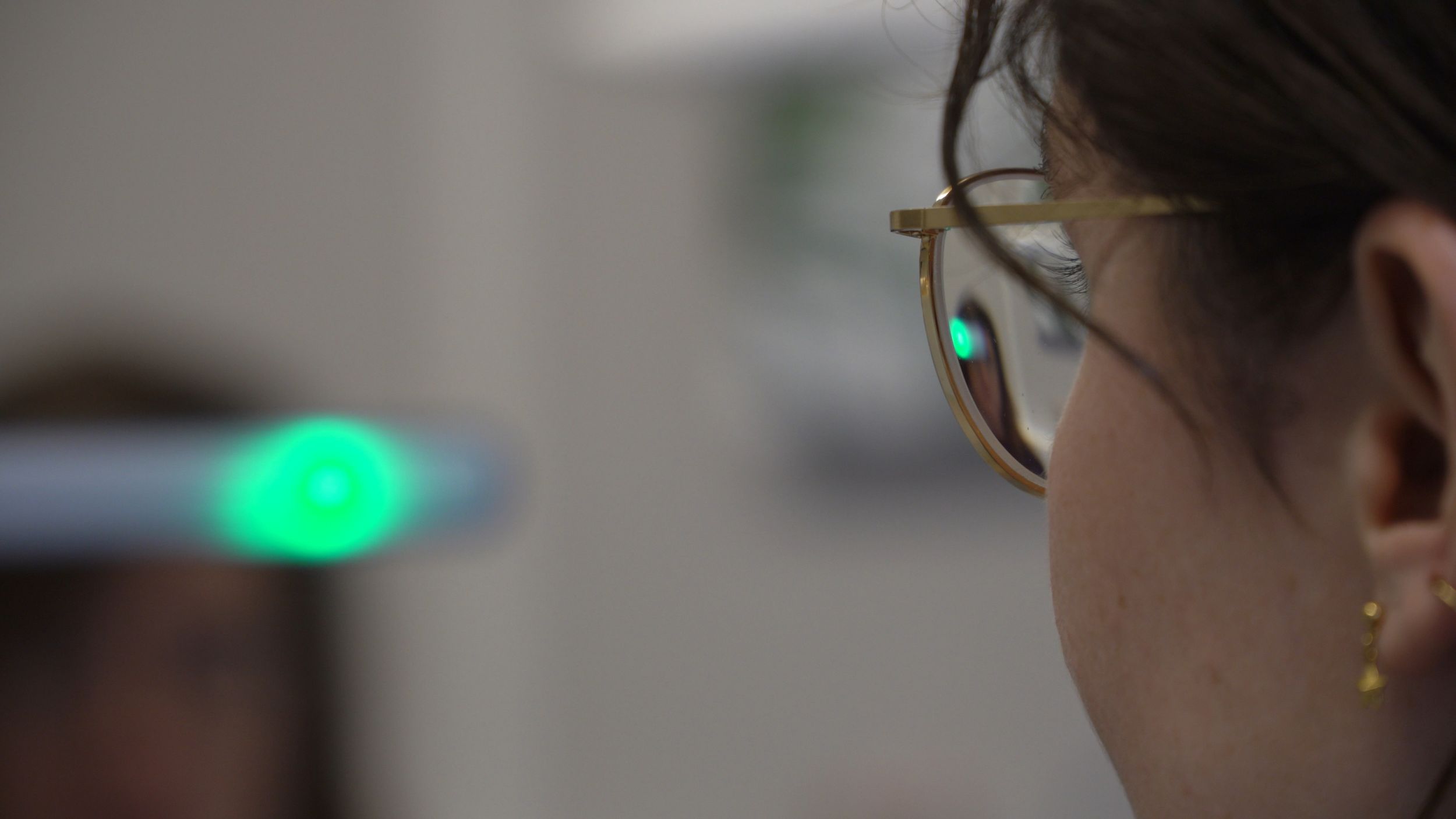The Sessions
The Sessions
VERDICT: A chamber piece documentary in which one woman’s sexual assault is a stand-in for every woman’s.
At the start of The Sessions, a woman undergoing Eye Movement Desensitization and Reprocessing therapy is asked what she’d want to happen to her rapist. It may come as a surprise to some viewers that she doesn’t deploy the language of violence when she responds. Speaking calmly, she says she just doesn’t want him to get away easily. She had been grilled for five hours following the incident. She would like something similar to happen to him. It would be unjust, she adds, if he spends only some minutes answering questions about what transpired.
That there is the chance this could happen — and in Belgium, an EU country with progressive ideals — points to one of the many problems of treating rape accusations within legal confines: there is the possibility that a putative victim gets treated more harshly than a perpetrator. Furthermore, rape, as everyone knows, is a curious crime in that the victim could emerge from the act and its litigation as diminished as the rapist, if not more. This imbalance appears to be a reason director Sien Versteyhe chooses a distinguishing feature in framing the story she tells in The Sessions. The film takes place almost entirely in a room with a female therapist, who uses EMDR and gets the victim talking about the experience. In almost every shot in the film, the viewer can see only the back of the victim. She is never named. She is never shown.
This reticence, this restraint, is mirrored in the life of the victim. Her family has no idea what happened. The only person who seems to know about the traumatic episode is a boyfriend, who is also not shown. Versteyhe is, of course, aware of the stigma of rape. In the credits she refers to her principal subject as “brave woman”. It’s a brave decision by the filmmaker — but this inevitably means that The Sessions is not quite expansive. Thus, this is a film that reproduces the intimacy of a dastardly act while excising the violence. You have to listen to what a traumatised young woman is saying about her experience, with nary a distraction. As women’s concerns are relevant in the present political climate, The Sessions, which has just world premiered at IDFA, will have no trouble booking festival appearances. Schools and other educational entities should also be interested.
There are, of course, two sides to a story, so it is plausible to ask what about the accused young man’s side of the tale. This proves unnecessary, though, because The Sessions is not an investigatory documentary looking to uproot the truth about who is right and who did wrong. What we know of him comes from her words and what we know of the ongoing legal process is heard over the phone. Apparently, the accused young man — a student as she is — says that while there was sex, it was consensual. But during the therapy session, the subject of consent comes up only because the subject herself brings it up during one of her sessions with the therapist. It hardly matters to the core of the film, which is, how does a woman, or how does this woman, process the experience of rape? Her language is mainly one of invasion. “I did not want him in me,” she says again and again at one point. Her feelings about being violated, especially by someone she trusted and loved in the past, are the point of Versteyhe’s film. And in taking away her face, her words may stand-in for any woman who has been in her shoes.
In essence, while Belgium’s legal apparatus — shown here as rather lackadaisical — is after a provable truth, Versteyhe’s film is after the emotional truth of the experience of rape. And by framing the film solely from the female victim’s point of view, she isn’t denying the accused a chance at a defence. She is obviating the need for that. There is no need to ascertain the veracity of the central incident, given the anonymity of the characters involved and the focus on experience. This, of course, isn’t a distinction likely to please potential detractors, but it is one that is abundantly obvious for viewers who come to The Sessions light, without carrying too much of a gender bias.
Director: Sien Versteyhe
Screenplay: Sien Versteyhe
Producer: Wouter Sap
Co-producer: Simon Vrebos
Cinematography: Sien Versteyhe
Editing: Dieter Diependaele
Sound Design: Thomas Vertongen
Music: Patricia Vanneste
Production companies: Lionheart Productions (Belgium), VRT (Belgium)
Venue: IDFA (Luminous)
In Dutch
71 minutes

